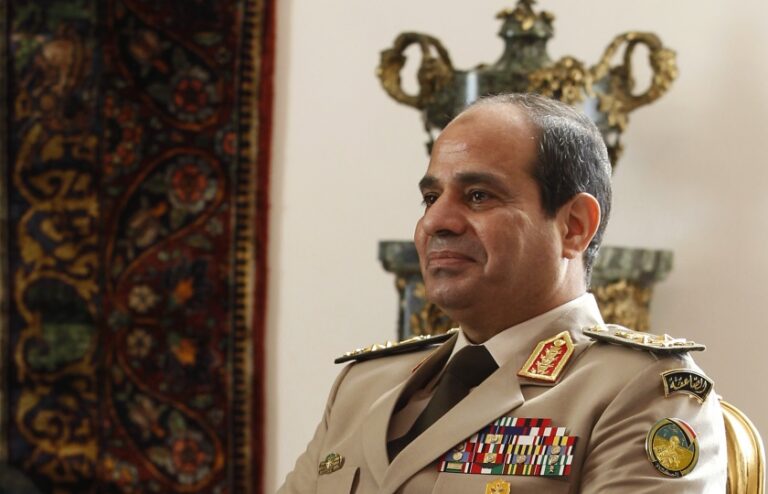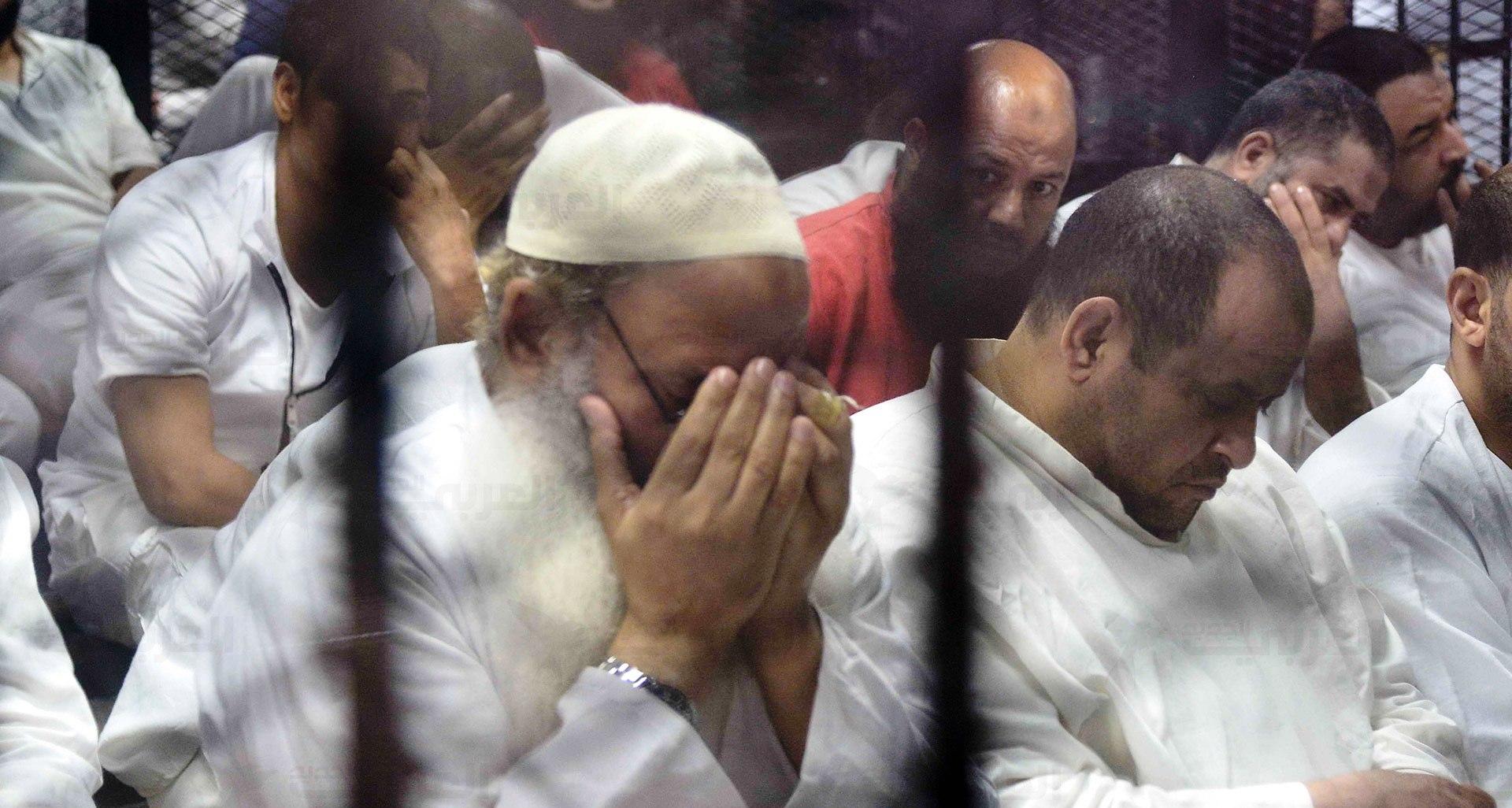On January 30 Mahmoud Khedr, a doctor at one of north Cairo’s hospitals, was surprised when a panel from the Ministry of Health asked him to travel to Marsa Matruh on the western border of Egypt near Libya on a medical convoy for 14 days, on the condition that he would travel the next day.
Mahmoud – a pseudonym to protect his identity – said that the Ministry’s committee offered EGP 15,000, around $1,000. Given that his monthly salary is EGP 2,800 pounds ($183), he decided to take the opportunity. So, on January 31, he stood in front of the Ministry of Health in downtown Cairo along with dozens of fellow doctors waiting for the buses that would take them to Marsa Matrouh.
One-hundred-and fifty-people, including doctors, nurses, administrators, lab technicians and waste disposal technicians all headed to Marsa Matrouh. They knew that the Ministry of Health had dedicated el-Nigila hospital in Marsa Matrouh as the place where Egyptians evacuated from Wuhan are being quarantined, and they guessed they had been chosen to work here. On Friday at 10pm they arrived in Marsa Matrouh and were surprised to find a designated quarantine zone in field marshal Ahmed Badawy’s hotel, not a hospital, with Health Minister Hala Zayed waiting to greet them. At this point, five doctors decided to go back to Cairo. The hotel consists of four buildings, two of them allocated to returnees from China, and the third to the aircraft crew who will transport them from China. The fourth building is for the medical staff who will supervise the quarantine, besides a group of chalets for the administrators.
“On Saturday morning the minister held a meeting with us. It was very chaotic and [unclear], which made me afraid,” Mahmoud told Egypt Watch. “The minister started her speech with an introduction about the importance of this national mission that will be accomplished by us, and about the great patriotic role of the chosen people to be responsible for the quarantine for the returnees from the capital of the lethal disease, Wuhan.” “She proceeded to say that the mission is highly classified so our mobile phones would be confiscated during our residence here and she bought 1,500 new mobile phones with no Internet access or cameras. In addition, each of them pledged not to tell anybody outside the quarantine about any case that is discovered.” “During the meeting, the minister added that el-Nigila Hospital has been completely evacuated and allocated to the confirmed cases and 45 beds allocated for intensive care. She told the medical staff that anyone who didn’t want to be involved must leave before 6pm. After that nobody will have the choice to go back and will be under house arrest preparing for the next flight on Tuesday, February 4.”
One of the doctors inside the quarantine said: “Some of the doctors [here] are 2015 graduates and we don’t know [the correct procedure for a fatal] virus like this one. We asked the minister and she said, ‘you will be trained from today until Tuesday’.”
“This means we will be trained for a disease no one in the world knows about for only 48 hours, which stoked fear among many of the doctors. The minister mentioned several advantages for those who proceed with the mission: ‘You will be honoured by the president and rewarded with high sums.’ She then asked them to write theirs demands, for example razors, shaving cream, toothpaste, favourite cigarettes, and the size of underwear, and other inappropriate things for a minister to say to doctors.”
“My fear intensified and I decided to go back to Cairo after one of the officials asked, ‘who will be the medical manager? And who will be responsible for the laundry?’ So, it was obvious how disorganised it was, there were no qualified or trained people there, it seemed chaotic and improvised.” Because of the lack of transparency, 15 doctors decided to go back to Cairo immediately after the meeting, while about 30 doctors remained there to complete a dangerous, indefinite task without training. And if a case of infection is discovered the doctors will be isolated too.
A source in the Ministry of Health said that the ministry is finding it very difficult to find doctors to volunteer for this special mission, especially intensive care doctors. A lot of them have retired or quit because of the bad financial conditions and ill-treatment. Others were concerned that the ministry did not how to deal with crises. One doctor told Egypt Watch that there was an advert on WhatsApp which promised high sums, yet few people responded.
One of the doctors told Egypt Watch she went to Marsa Matrouh with some of her colleagues who had been told that they were going for obligatory training and those who don’t come will be punished. When they found out what the mission was and refused to stay in the quarantine, they were told they would be court-martialed for dismissing a national mission. The officials eventually backtracked and raised the pay offered to EGP 20,000 ($1,270) for the entire, undefined, duration of the quarantine.
Many doctors and members of the medical association’s board have criticised the measures taken by the ministry against the coronavirus crisis. The medical association’s board made a statement indicating the measures that should be followed yet the ministry responded with a lawsuit, accusing them of disturbing public safety by making up lies and crises, inciting doctors, wasting public money, provoking public opinion and turning doctors against the ministry because of the association’s position regarding the accident in which three female doctors died in Minya Governorate in the south of Egypt. Three doctors died last month in a car accident after being assigned from the ministry to go for mandatory training in Beni Suef Governorate one day before the training. The ministry refused to send a trainer to Minya Governorate. The accident outraged the Egyptian Medical Syndicate and the medical community responded with the aforementioned legal action.





Recent Comments